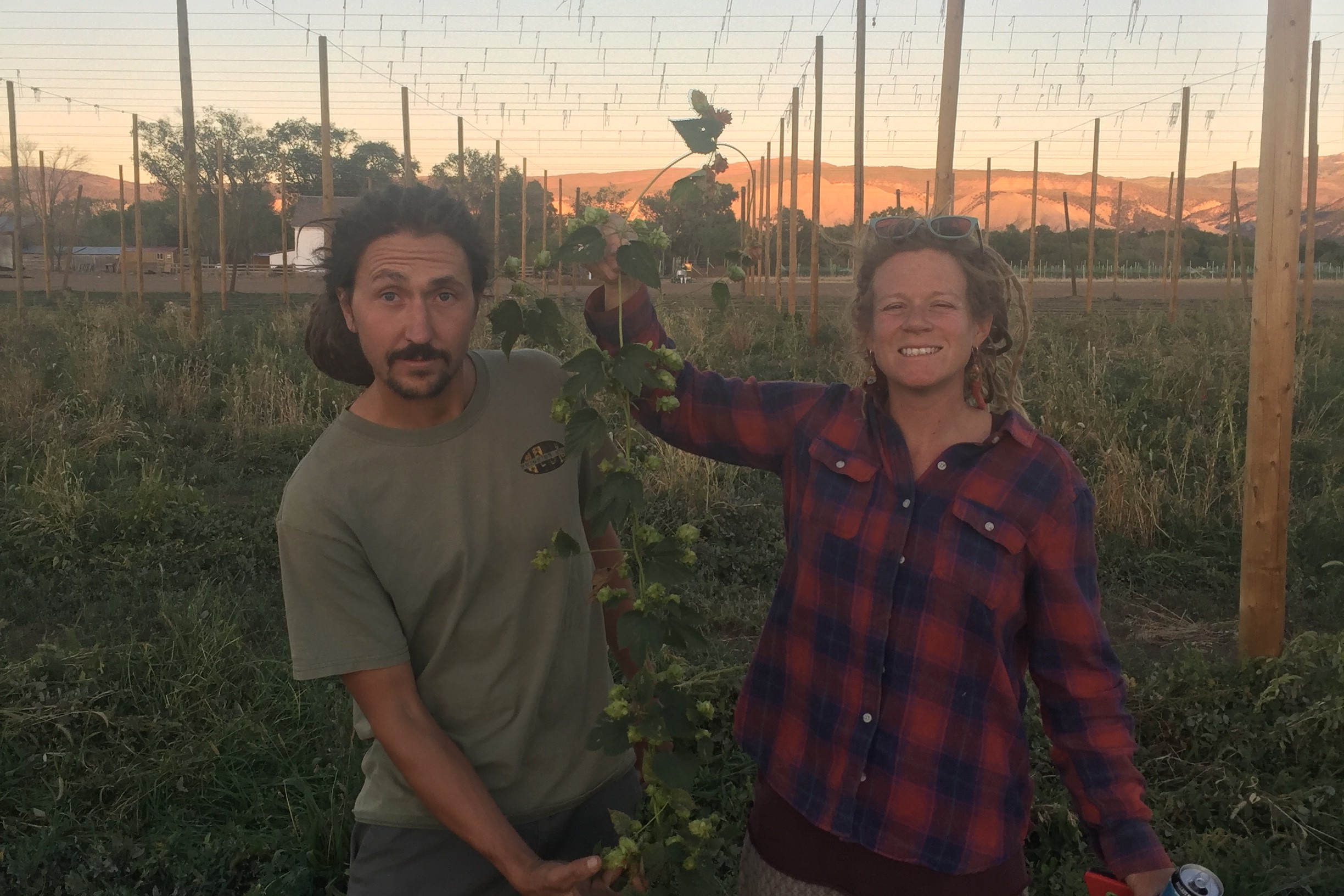
Sandra Payne recognizes she is one of the fortunate ones. Her small business, Denver Concrete Vibrator, which manufactures equipment that strengthens concrete, was able to stay open as others shuttered under stay at home orders. So she hesitated when Congress first passed the Paycheck Protection Program.
“I was being optimistic thinking this would just go away and everything would be fine,” she said. “And then I started to realize that it might not.”
She applied and got the loan in the second round.
And that’s when she was faced with the hard question: How to use the loan correctly so it becomes a forgivable debt. The money she received would cover 10 weeks of her payroll, but the program was designed to be used in eight weeks. And it's not even clear what counts as payroll.
“Is it all gross payroll? Is it minus federal taxes? Is it minus workers comp? No one really knows. So it’s been confusing,” Payne explained.
Those questions caused her concern before signing the final paperwork. But with bills coming due, she signed.
Congress was quick to act at the start of the coronavirus pandemic. Over two months, the federal government pushed out the door four relief bills totaling approximately $3 trillion.
One big goal was to help businesses struggling with the economic fallout of the pandemic. But as the economic pain continues, the imperfections and shortcomings of the measures have come into harsh relief.
Payne knows the program had to roll out quickly and she’s grateful for that. At the same time, she’s a “little concerned about the downstream.” She’s not alone. According to the Small Business Administration, more than 97,000 PPP loans totaling over $10 billion were approved in Colorado as of May 23.
Many in Congress have touted the overall success of PPP. Still, while the Treasury Department has been slowly updating its guidance on the loans, many business owners have let Congress know about the confusion and problems with PPP. Rep. Jason Crow, who sits on the House Small Business Committee, has heard an earful about the good and the bad.
“It is not a perfect system. And we’re working hard, we’re fighting hard, to fix those issues. So there are things that we absolutely have to address,” he said.
The House passed a bill Thursday with tweaks to the PPP program, based on feedback lawmakers have heard. It would extend the timeframe to use the funds from eight weeks to 24 weeks. The Senate left on its Memorial Day recess without voting on a PPP fix. It was looking at a bill that would give business owners 16 weeks to use the funds, which would require the differences to be negotiated between the two chambers.
Until then, many businesses are left in limbo, much to the dismay of Sonia Riggs, president and CEO of the Colorado Restaurant Association.
“I’m frustrated that it seems that now they’re taking a lot of time and restaurants just don’t have that kind of time before we’re going to start seeing more and more go out of business,” she said.
Riggs had hoped to see more bipartisan and bicameral cooperation in Congress.
She said about 400 restaurants in Colorado have closed permanently due to the pandemic. If Congress really wants to help restaurants, Riggs said PPP needs to change and become more flexible. Currently, 75 percent of the money must be used for payroll. But that's not what restaurant owners are concerned about. They need money for inventory and capital changes, like buying Plexiglas separators or creating a take-out window.
“Every week that something is delayed, you run the risk of the restaurant going out of business. So we say this is an urgent, urgent, urgent time for restaurants and literally they don’t know if they can hold on a week, three weeks or two months,” Riggs said.
Small farmer Audrey Gehlhausen knows about waiting. She's co-owner and operator of Billy Goat Hops Farm outside of Montrose. The 3-year-old farm sold about 4,000 lbs of hops in 2018. That number grew to almost 15,000 lbs in 2019. Since the pandemic, sales have been slow.
She and her partner, Chris DellaBianca, considered applying for PPP, but the amount of money they'd get was so small it made more financial sense to apply for unemployment. When another small business loan program — the Economic Injury Disaster Loan opened to farmers — the application asked for the number of employees as of January 1. Her small operation depends on migrant workers.
“I put down zero, and we got a thousand dollars EIDL, which is great and it’s appreciated. But it’s unfortunate because now I have 11 employees. But none of that matters. It was how many employees you had on Jan 1st. So it didn’t really take into account small farmers,” she said.
USDA’s Coronavirus Food Assistance Program is another aid program targeting farmers. But it also isn’t any help because hops isn’t on the eligible list of commodities. Gehlhausen said it's been dispiriting.
“Like I have been let down so many times already with this new program that’s come out that's actually going to help us, and it hasn’t,” she said.
But, she continued, each disappointment stings a little less. And she still remains hopeful that a federal coronavirus aid program will help out her small farm.
“Maybe we won't get anything from them. But I do, I do still believe.”
Disclaimer: Colorado Public Radio applied for and received assistance from the Paycheck Protection Program during the coronavirus pandemic.









